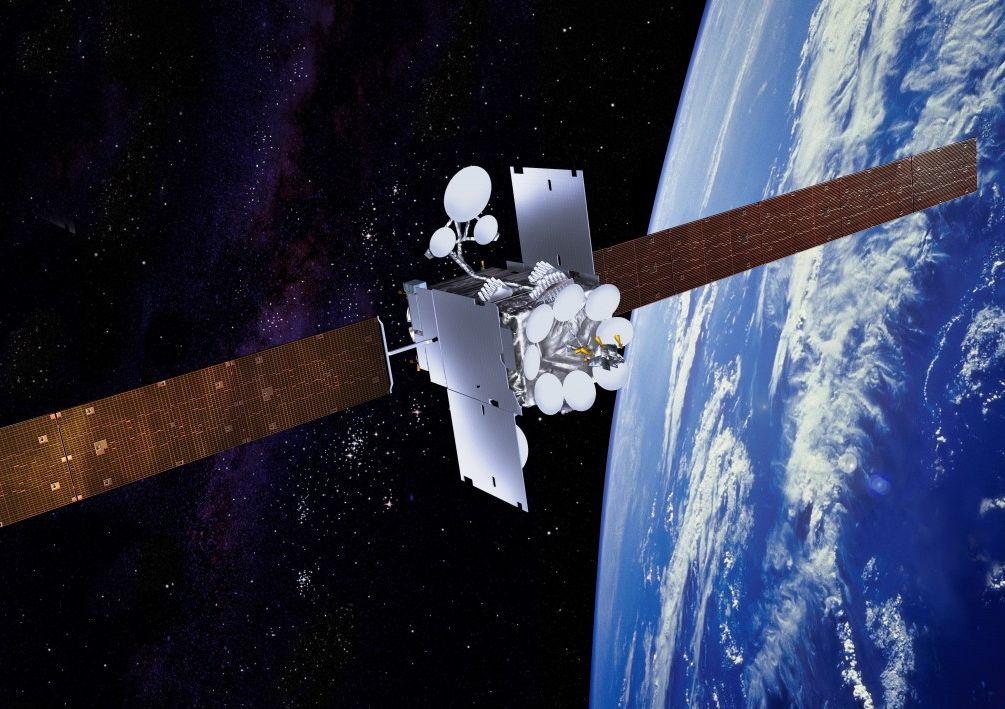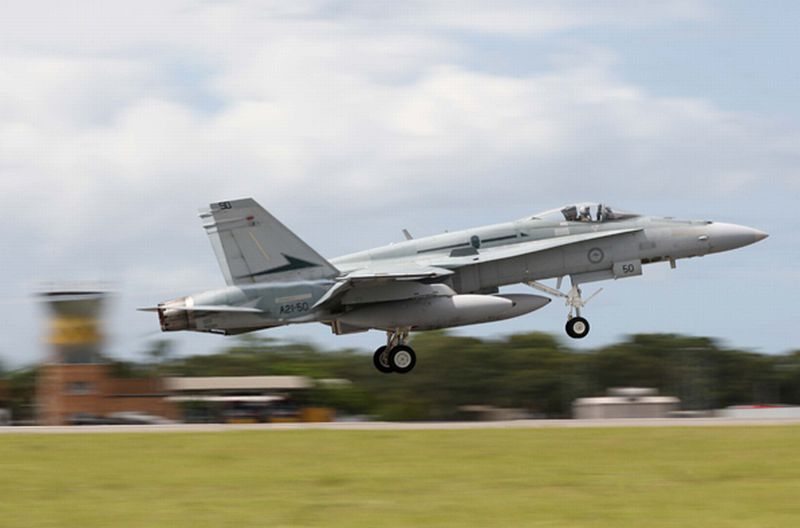Ambitious projects such as satellites that could bring the internet to the remote Amazon and construction of Brazil’s first nuclear submarine will proceed despite a deep economic downturn, the defense minister told AFP.
Raul Jungmann said he will be in France this Thursday to take delivery of the first of three communications and defense satellites built by France’s Thales and due for launching on March 21 next year.
The nearly six tonne, 2.1 billion reais ($617 million) satellite is at the core of a modernization of Brazil’s military that Jungmann said will still take hits during planned government austerity cuts.
“We know there’s going to be a new fiscal policy with a spending ceiling. We know we’ll have to cut back,” he said in an interview in Brasilia.
However, some projects “are already at an advanced stage and cannot be stopped, like the nuclear submarine or the four conventional submarines that are also being developed in France,” he said. “Three of them are already being built.”
Swedish Gripen war planes whose payment schedule he said “is sufficiently flexible” will also survive the cuts.
But with President Michel Temer pushing an austerity strategy through Congress, starting with a proposed 20-year freeze on budget increases, “there are other things we need to review,” he said.
The satellite program remains a top priority, described by the minister as a chance for Brazil “to achieve a technological standard that we don’t have today.”
Stationed over Ecuador, the network will cover all of South America, the southern Atlantic and the west coast of Africa, “what we call Brazil’s strategic sphere,” Jungmann said.
The network will expand broadband coverage throughout Brazil, “which is an enormous advance for society. It will allow it to reach remote places, the Amazon for example,” the minister added.
The telecoms satellites will also bring new security for Brazil by putting all government communications under the country’s control and strengthening military communications, he said.
Big army, no enemy
Brazil maintains one of the largest militaries in the Americas, partly to patrol its huge borders, which include 4,660 miles (7,500 kilometers) of coastline.
Jungmann said the military is concerned by the proximity of “major drug producers and that Brazil, especially in urban centers, has unfortunately turned into a drug consumer. An integrated market has developed both for drugs and weapons.”
Although Brazil is not involved in any active conflicts abroad, it has used its military to project influence, including with a major peacekeeping mission to Haiti.
The military has also been called on to support outgunned police in battles with drug gangs in Rio de Janeiro. Members of the armed forces were also deployed around the country earlier this year to assist in a campaign against mosquitoes carrying the Zika virus.
The military ruled Brazil during a dictatorship from 1964 to 1985. However, its powers have since been curbed and now — at a time the country is being shaken by its worst recession in decades and a cascade of corruption scandals — is widely seen as the country’s most trusted institution.











